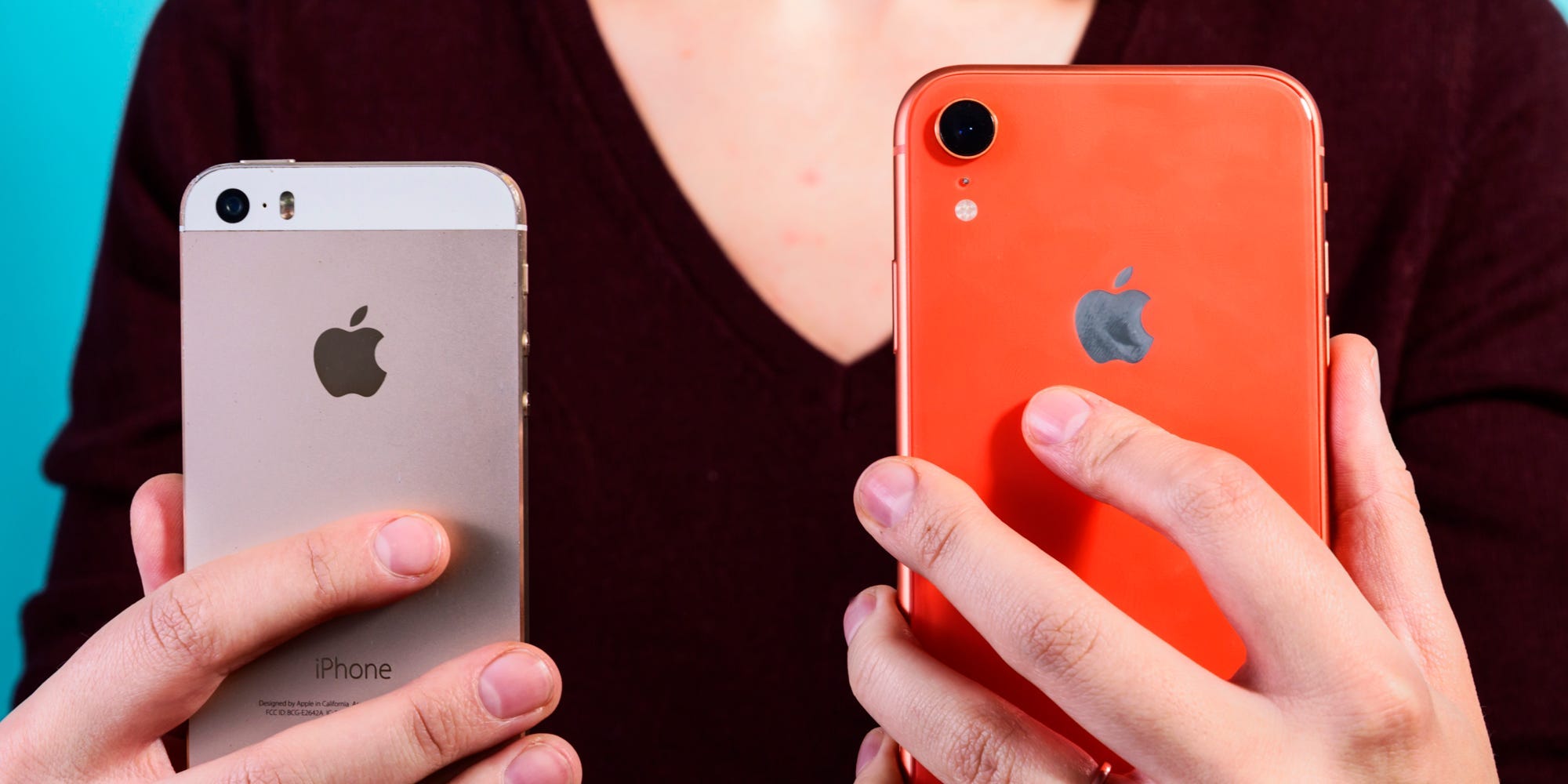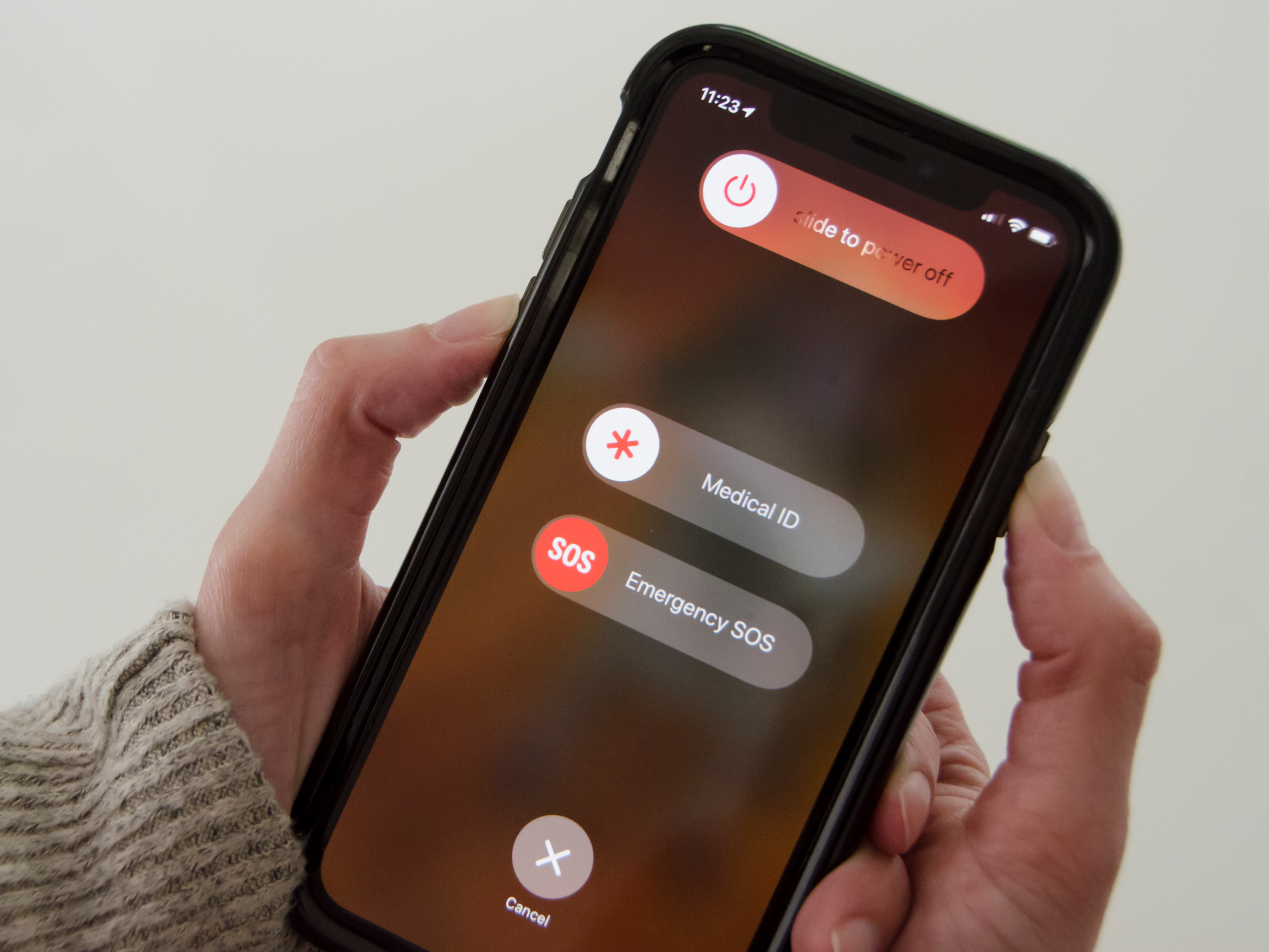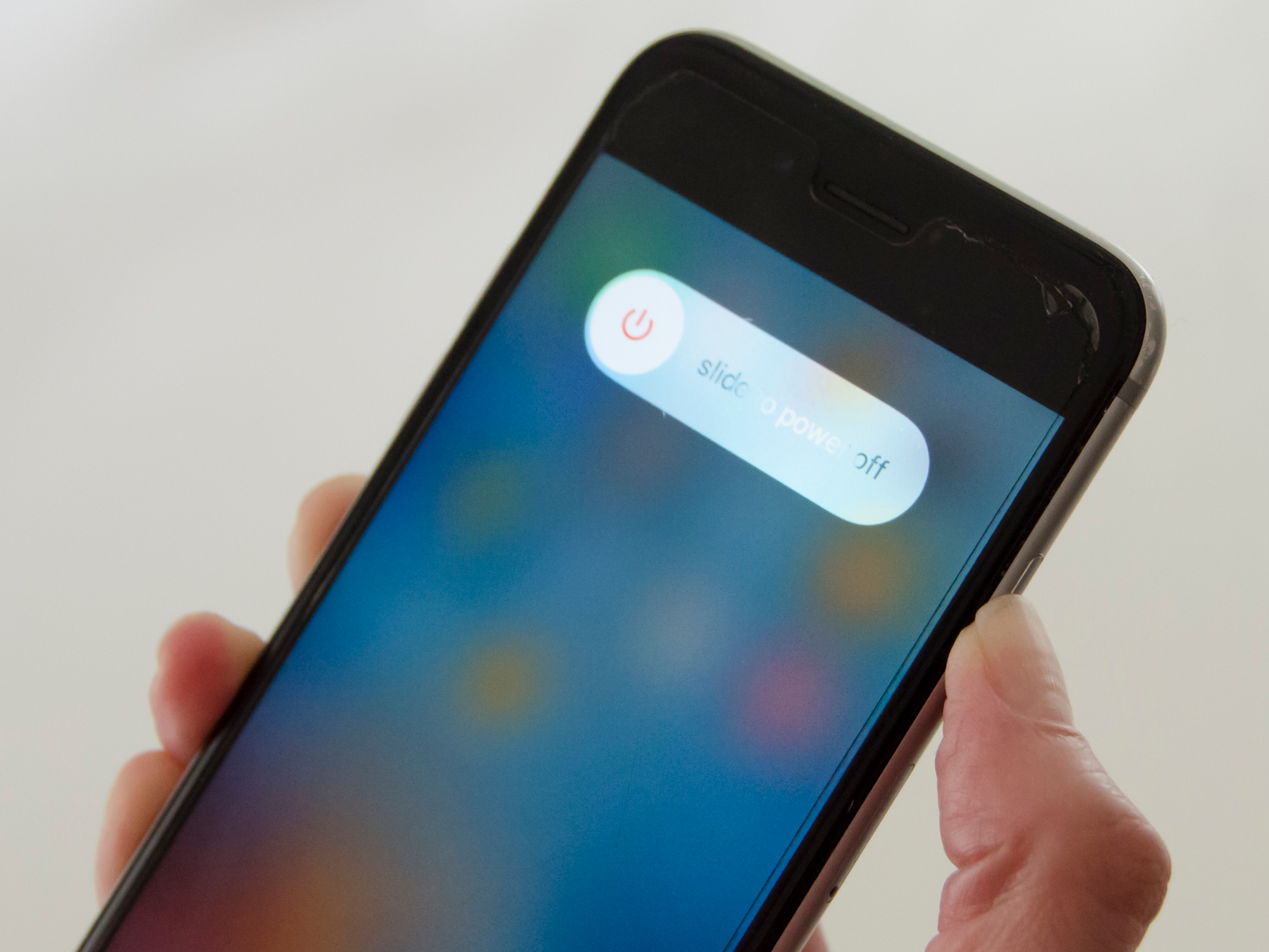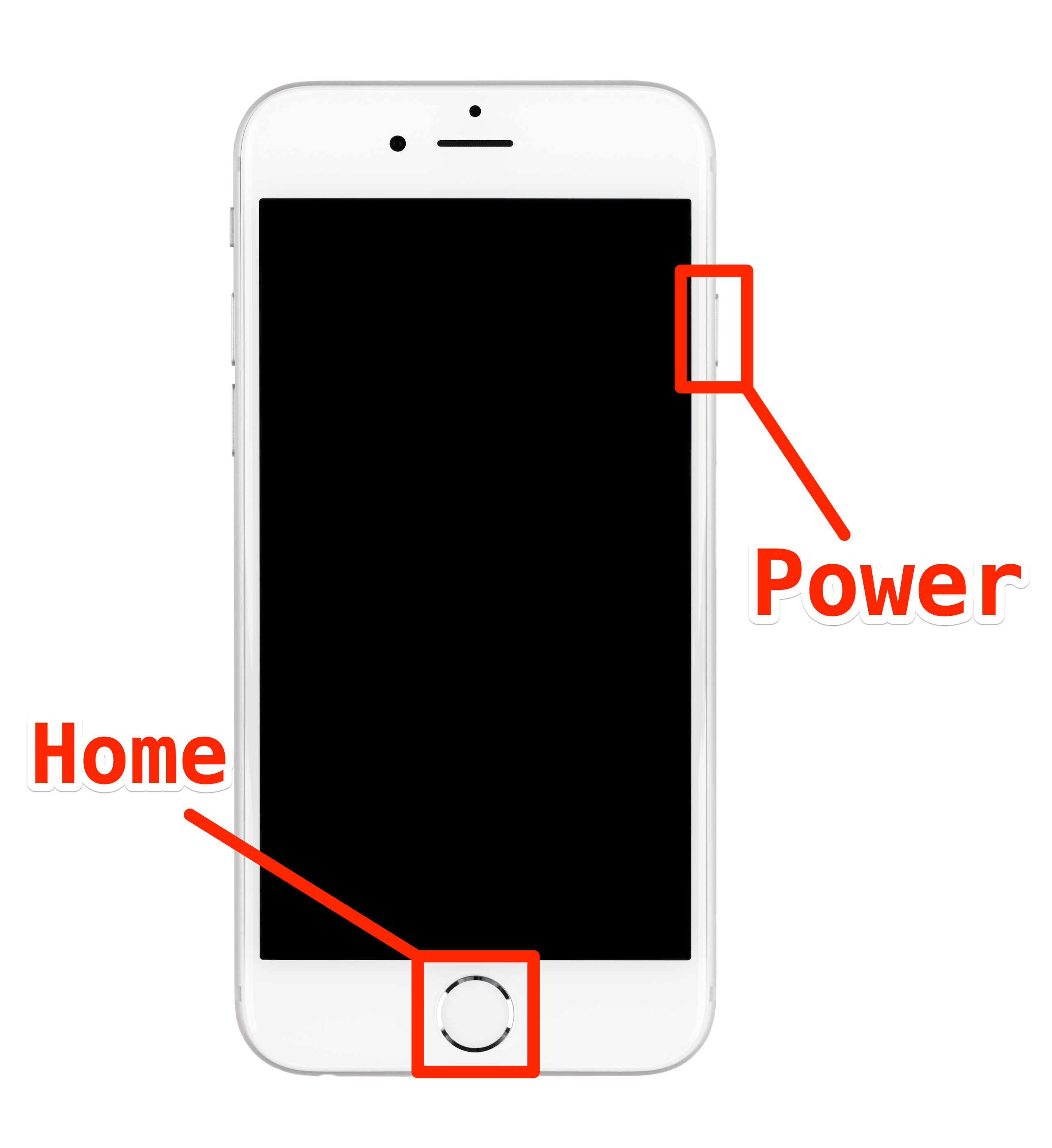
- To restart your iPhone, press and hold down the Power and Volume buttons until a slider appears on-screen.
- If restarting doesn't work, you can trigger a "force restart" by pressing Volume Up, Volume Down, and then Power.
- As a last resort, you can fix almost any glitch by resetting your iPhone.
- Visit Insider's Tech Reference library for more stories.
It might sound like a joke, but it's true: You can fix most tech problems by turning your device off and back on again.
If you run into a weird glitch on your iPhone — maybe the sound won't work, or apps keep crashing, or you can't make calls — your first step should be to perform a quick restart. This will refresh the software on your iPhone and likely fix whatever's gone wrong.
And if your iPhone is so bugged that you can't even restart it, a force restart works just as well. This method "forces" your iPhone to turn off, even if it's frozen.
Here's how to restart or force restart any iPhone — and what to do if restarting doesn't fix the issue.
How to restart an iPhone
The exact steps to restart your iPhone will depend on what model you have. If you're not sure which iPhone model you own, check out our article on how to identify your iPhone.
If you have an iPhone X, iPhone 11, iPhone 12, or iPhone 13
1. Press and hold both the Power button and either of the Volume buttons.
2. When a slider labeled slide to power off appears at the top of the screen, drag it to the right.

3. Wait a few moments for the iPhone to completely turn off and for the screen to go black.
4. Press and hold the Power button until the Apple logo appears.
If you have an iPhone SE, iPhone 8, or earlier
1. Press and hold the Power button.
2. When the slide to power off appears at the top of the screen, drag it to the right.

3. Wait for your iPhone to fully turn off and for the screen to go black.
4. Press the Power button until the Apple logo appears.
How to force restart an iPhone
When your iPhone freezes, it might not even be able to show you the power slider. In this case, you'll need to "force" your iPhone to restart.
Don't worry — this won't harm your iPhone at all. Just beware that if you were working on a project, this will likely erase any unsaved data.
Again, the steps will change depending on which iPhone you own.
If you have an iPhone 8, iPhone SE (2nd generation), iPhone X, iPhone 11, iPhone 12, or iPhone 13
1. Press and release the Volume Up button, then press and release the Volume Down button.
2. Press and hold the Power button.
3. Keep holding the Power button until the Apple logo appears.
If you have an iPhone 7
1. Press and hold the Power button and Volume Down button.
2. Keep holding the buttons until the Apple logo appears.
If you have an iPhone SE (1st generation), iPhone 6, or earlier
1. Press and hold the Power button and Home button.

2. Keep holding both buttons until the Apple logo appears.
How to reset an iPhone
If you've restarted and force restarted your iPhone but it's still not working, there's a deeper issue at play. Some files or pieces of software might be corrupted, meaning that they'll always cause an issue.
Your best chance at fixing these issues is to give your iPhone a factory reset. A factory reset will erase all of the data on your iPhone and return it to the state it was in when you first bought it, as if it just left the factory. This might sound extreme, but it's a fantastic way to fix nearly any software issue.
For details on how to reset your iPhone — and how to avoid losing your most important data in the process — check out our dedicated article on the topic.
